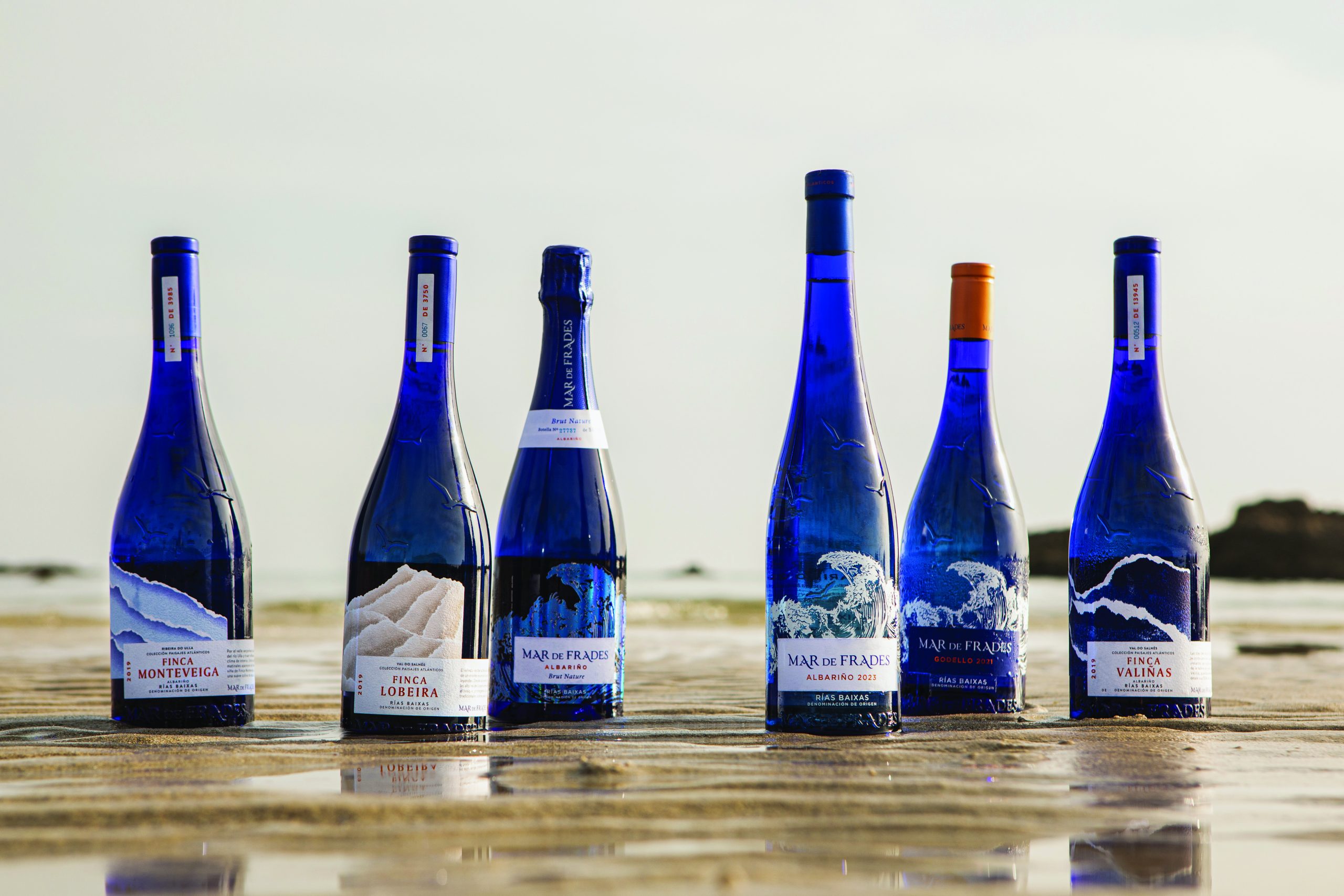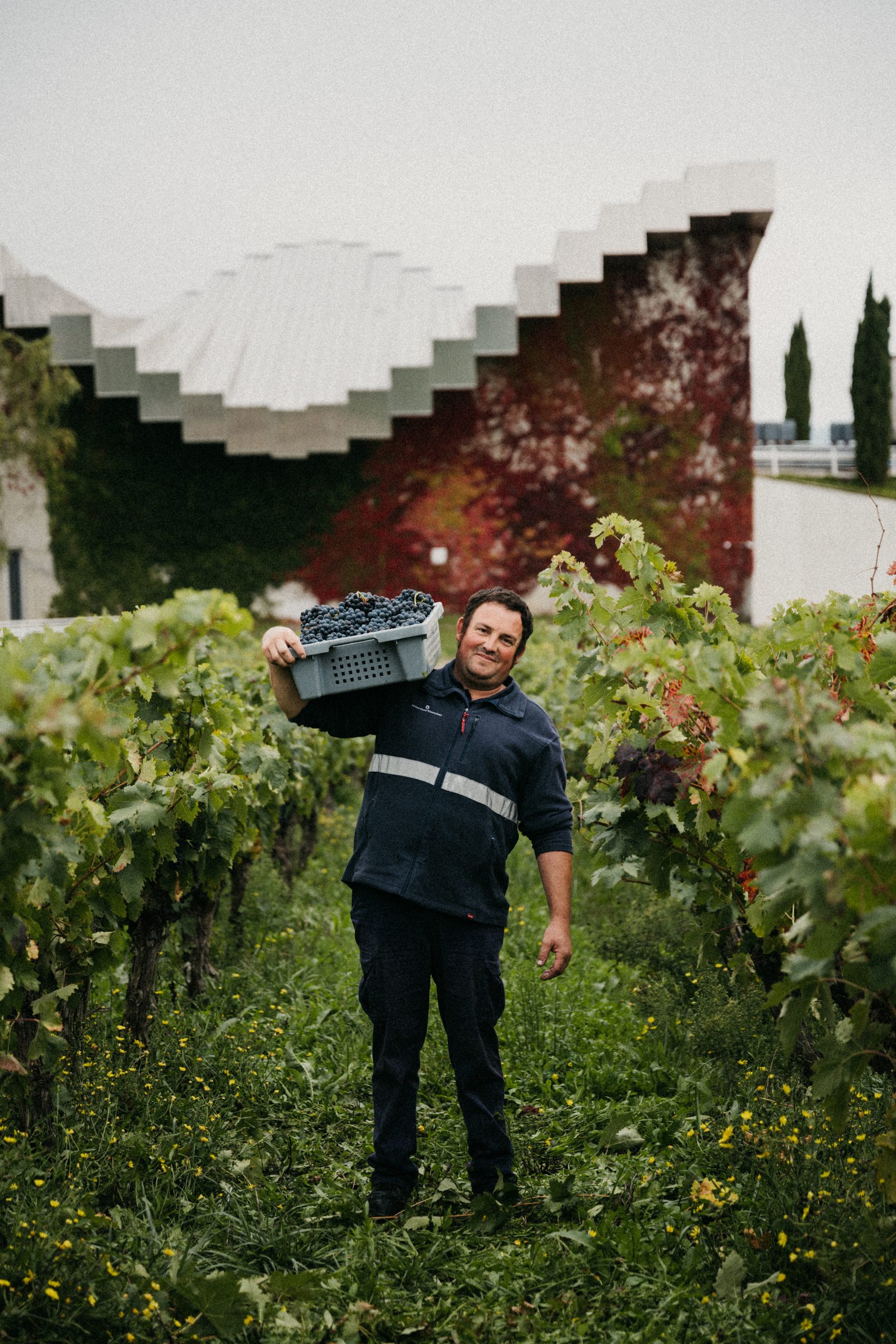Verrillo: England can make world-class Pinot Noir
Sergio Verrillo, the co-owner and chief winemaker at Blackbook Winery in Battersea, believes England is now capable of making “world-class” Pinot Noir.
Speaking during an online tasting of the Blackbook range this week organised by Hallgarten & Novum, Verrillo said the biggest challenge when it comes to making Pinot Noir in England is finding likeminded growers to work with.
“Finding the right sites is the most challenging aspect of making quality English Pinot, and finding growers that are likeminded and planting the right clones.
“Site, clonal selection and grower attitudes are more challenging than the climactic conditions in England.
“In terms of quality, I don’t see why England can’t make as good Pinot as Burgundy stylistically, but it’s very much about maintaining the sense of place.
“For better or worse, England is renowned for acidity, which gives us our identity and profile. It’s all about managing that, but I’ve no doubt that we can make world-class Pinot in England.
“Making ageworthy Pinot is among the most exciting, challenging and nerve-wracking aspects of what we do,” he said.
Since founding Blackbook with his wife Lynsey in 2017, Plumpton graduate Verrillo has made Pinot Noir from grapes grown at Clayhill Vineyard in Essex.
The unfiltered and unfined Pinot is fermented naturally in small, open-top fermenters, with 40% whole bunch included in the blend. It’s then aged in Burgundy barrels for seven months without sulphur.
With the majority of production in England geared around sparkling wine, Verrillo admitted that finding growers working with the right Burgundian clones for his single vineyard Pinot and Chardonnay has been a challenge.
He is particularly proud of his 2018 Pinot, when nature dealt a generous hand, offering winemakers bountiful yields of high quality grapes due to an Indian summer.
Partner Content
During the tasting, Verrillo described his 2018 Pinot as offering sappiness from the whole bunch, along with notes of sour cherry, liquorice, cassis, dried raspberry and a hint of smokiness.
As for the 2020 vintage, Verrillo revealed that his yields were down by around 20%, but the grapes that were picked were of good quality.
“The 2020 harvest sums up 2020 in general. Yields were low, which led to smaller berries and bunches, which is good for concentration but bad for growers. It was a challenge trying to pick the fruit before the October rain came in,” he said. Picking began on 28 September and was completed by 21 October.
The winery is run like a négociant, with Verrillo working with a collection of growers within a two mile radius of his base in Battersea, south London.
While his focus is on high-end single vineyard Pinot and Chardonnay, he enjoys playing around with small batches of experimental wines, including a traditional method, partially barrel fermented sparkler made from aromatic white grape Seyval Blanc, which Verrillo feels is a “highly underrated” variety in England.
Blackbook’s annual production currently stands at around 20,000 bottles, and the ambition is to grow their output. While Verrillo isn’t keen to be pigeonholed as a “natural” wine producer, he and Lynsey take a minimum intervention approach and all of their wines are vegan with minimal sulphur added.
The wines are made in a slightly reductive style inspired by Verrillo’s time working as a winemaker in Burgundy. To combat the naturally high acidity of English grapes, all of the wines in the range undergo full malolactic fermanetaion.
“English wines need that lower acidity, as it’s not always possible to have the ideal conditions to pick when the acids are lower, so malo allows us to de-acidify the wines naturally.
“Under-ripeness is a big issue in the UK and something we struggle with. Most growers pick on acidity and alcohol levels; I pick on phenolic ripeness, so am checking to see how the skin and pulp taste and if the pips are still green,” Verrillo said.




